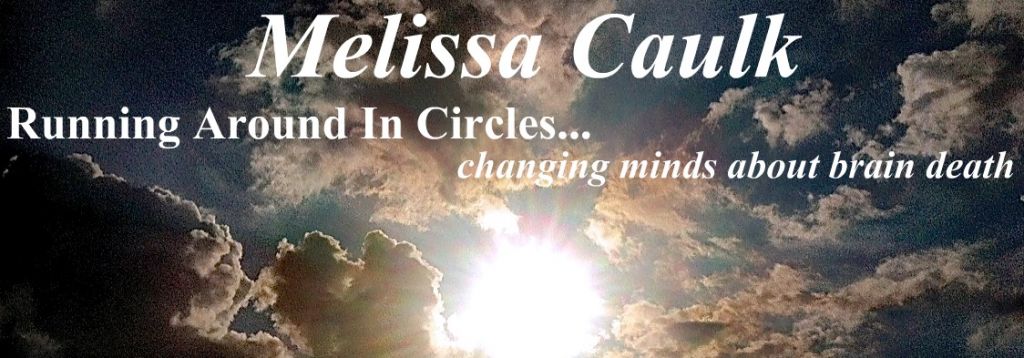Recently there has been published a few articles about brain death and the scrutiny is has been undergoing.
May 29, 2018 The Wall Street Journal article “Doctors Face Scrutiny About Defining Death- As families challenge the determination of brain death, physicians are changing their approach.”, the assumptions about brain death are now being challenged because of cases like Jahi McMath, a 13 year old girl who suffered complications after a 2013 tonsillectomy in California and was declared “brain dead” but who is still alive in New Jersey after her parents refused to allow the ventilator to be removed.
February 5, 2018 New Yorker magazine article titled “What Does It Mean to Die?” about the McMath case, the public is now becoming aware of the ethical, legal and medical controversies surrounding “brain death” and questions are being asked.
In the WSJ article, the author Rachel Aviv says,
The commission’s staff philosopher, Daniel Wikler, a professor at Harvard and the first staff ethicist for the World Health Organization, told me that he didn’t think the commission’s theory of death was supported by the scientific facts it cited. “I thought it was demonstrably untrue, but so what?” he said. “I didn’t see a downside at the time.” Wikler told the commission that it would be more logical to say that death occurred when the cerebrum—the center for consciousness, thoughts, and feelings, the properties essential to having a personal identity—was destroyed. His formulation would have rendered a much broader population of patients, including those who could breathe on their own, dead.
Despite Wikler’s reservations, he drafted the third chapter of the report, “Understanding the ‘Meaning’ of Death.” “I was put in a tight spot, and I fudged,” he told me. “I knew that there was an air of bad faith about it. I made it seem like there are a lot of profound unknowns and went in the direction of fuzziness, so that no one could say, ‘Hey, your philosopher says this is nonsense.’ That’s what I thought, but you’d never know from what I wrote.”
Doyen Nguyen, M.D., S.T.L., is a physician specialized in hematopathology and a moral theologian. She is currently pursuing her doctorate in theology at the Pontifical University of St. Thomas Aquinas (Angelicum) in Rome. Her research is quite extensive and it is featured on https://www.ncbi.nlm.nih.gov/pmc/articles/PMC5102188/
This is what has taken place since the introduction of the Harvard criteria. Spaemann thus wrote:
The new definition of death as “brain death” makes it possible to declare people dead while they are still breathing and to bypass the dying process in order to quarry spare parts for the living from the dying. Death no longer comes at the end of the dying process, but—by the fiat of a Harvard commission—at its beginning. (Spaemann 2006, 299)
In other words, even a noble act such as organ donation can be manipulated to serve utilitarian, materialistic, and dehumanizing motives, whereby the most vulnerable members of society are conveniently excluded from the human moral community (Veatch 2004, 267–8).42 As mentioned in the introduction, pragmatic-utilitarian motives were evident in the workings of the Harvard Committee to bring about the birth of “brain death.” Such motives have remained well hidden behind both the veil “of the powerful metaphor of the ‘gift of life’ associated with the transplant world” (Lock 2002, 114), and the loud appeal to altruism and noble charity. With respect to brain-dead donors, however, we must ask ourselves, “Is such a vigorous appeal to altruism and charity grounded in truth?”43
Summary
There are physicians and bioethicists that do not agree with the legal fiction of “brain death”. There are injured people who have woken up prior to having their organs harvested. We have been manipulated for many years now by a lie that you are dead before your organs are harvested.
Organ donation is a profitable scheme based on an altruistic motives when people say, “I don’t care if they take my organs when I am dead, I have no use for them.”
Problem is this is not true death.
H/T to Nancy Volko, registered nurse since 1969 and currently I am a spokesperson for the National Association of Prolife Nurses (www.nursesforlife.org). I have also been a past President of Missouri Nurses for Life and past co-chair of the St. Louis Archdiocesan Respect Life Committee for inspiring this article.












Have something to add?
Trackbacks and Pingbacks:
[…] Death” is under scrutiny as more and more doctors understand that the public is becoming aware of the ethical, legal and […]